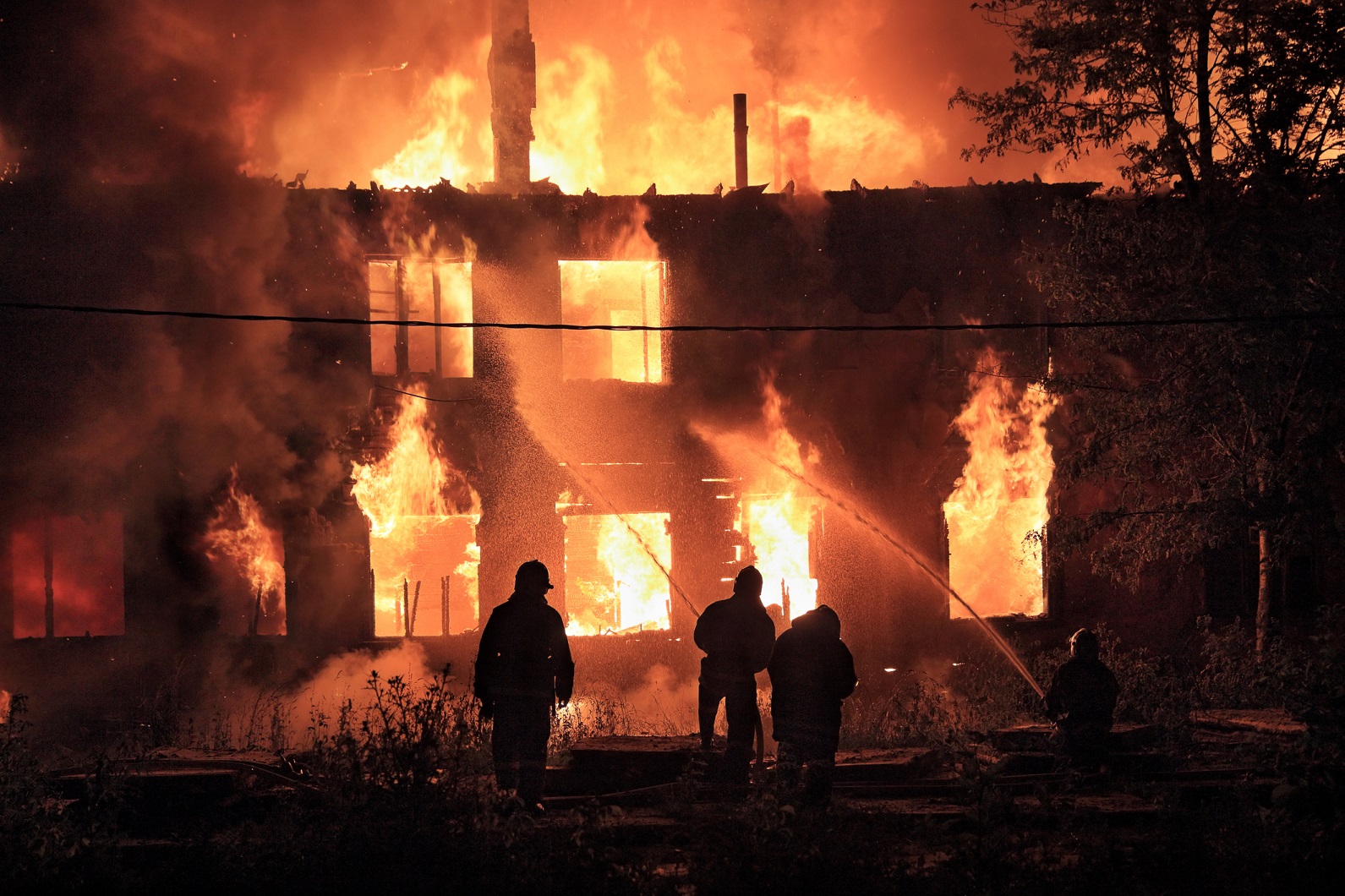Every year, California is subjected to devastating wildfires. In November 2018, the Camp Fire, the deadliest wildfire in the state’s history, destroyed an area as large as Chicago, burning approximately 14,000 homes and taking the lives of at least 85 people, as The Washington Post reports.
While the families affected by these types of events try to find a way to move forward, other homeowners in high-risk areas are understandably asking themselves if the increase in wildfires will affect their homeowner’s insurance in Los Angeles — and if so, how.
Insurance Companies Are Rethinking Wildfire Damage Coverage
Los Angeles homeowner’s insurance policies that cover damage due to wildfires typically offer personal property, dwelling and additional living expense coverage. Some may also offer optional landscaping coverage.
However, more — and more serious — wildfires logically result in more damages. To illustrate: In 2017, wildfires resulted in almost $12 billion in insurance claims, according to the California Department of Insurance. Consequently, some insurance companies are changing their approach to wildfire coverage. As Business Insider reports, the growing prevalence and increasing severity of wildfires is causing insurers to hike up insurance rates. In some high-risk areas, they’re not renewing policies or writing new ones. For this reason, from 2010 to 2016, the number of complaints from homeowners being dropped by their insurance companies tripled. From 2015 to 2016, in 24 high-risk counties, there was a 15 percent increase in the number of policies that weren’t renewed — and in 2016, over 10,000 policies were dropped. Moreover, the number of counties being classified as high-risk is likely to increase.
What Options Do Homeowners in High-Risk Areas Have?
Of course, not all insurance companies follow the same strategy, so homeowners should always check with their insurer before assuming they need to find a new policy. According to ReadyforWildfire.org, an insurer can’t simply cancel a policy without a good reason, such as if the insured fails to pay his or her premiums or if something happens to make the property uninsurable. In the event of a cancellation, the insurer must give 10 or 20 days notice depending on the reason, and in the event a policy will not be renewed, the notice must be given 45 days in advance of the expiration of the policy. In both cases, detailed and valid reasons must be provided for the insurer’s decision.
However, for homeowners whose policies are canceled or not renewed, it’s good to know there are alternative options:
- Other insurance companies: Insurers’ underwriting guidelines vary, so it’s important to shop around to see if another company will provide coverage.
- Surplus lines: Surplus lines insurers — or specialty insurers — cover risks that are declined by admitted insurance carriers. For homeowners who are unable to find coverage through the regular channels, this can be a valid option. The California Department of Insurance provides a list of approved surplus line insurers.
- The California FAIR Plan: This organization provides basic property insurance for homeowners who are unable to find coverage via the voluntary market or surplus lines insurance market. Its website provides a convenient “Find a Broker” search tool.
Wildfires are devastating to the families and communities affected by them. And without insurance coverage, they become even more challenging to overcome. By being prepared for any changes to your homeowner’s insurance in Los Angeles and knowing what to do if you need to find a new personal insurance policy, you can be better prepared for any worst-case scenario.
Homeowner’s Insurance in Los Angeles
By choosing Grand Mutual Insurance in Los Angeles, you are choosing the safer route. We make ourselves available at all times to help find the most cost-effective, and most personalized, coverage option for you.




